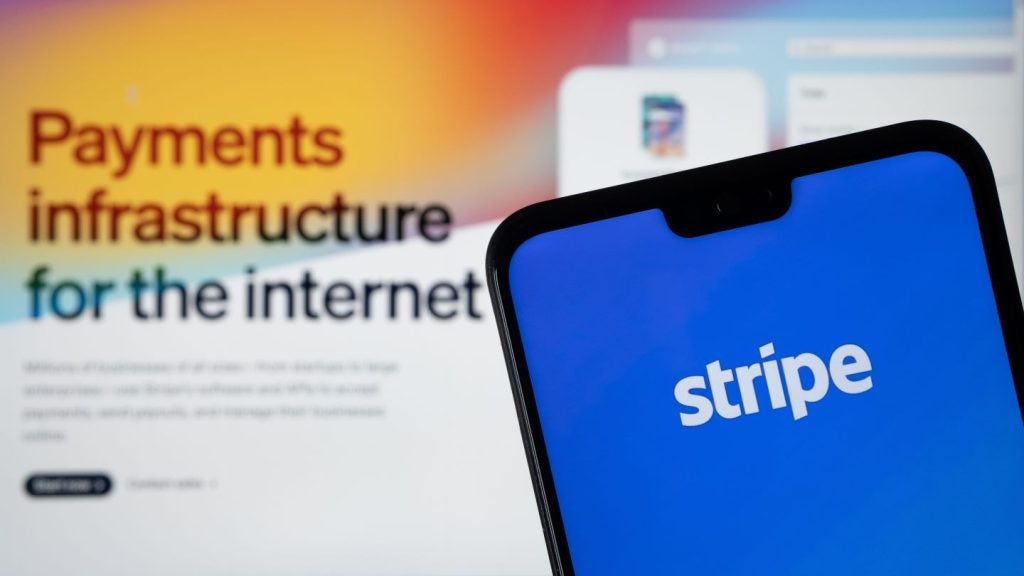Luxembourg’s well-developed and growing payments market means card penetration is high, with the country’s large wealthy population is high on issuers’ target lists. E-commerce has recorded robust growth in line with online and mobile uptake, while alternatives are also growing in prominence in the Grand Duchy
Luxembourg’s payment cards market is mature, with a high penetration of 3.9 cards per inhabitant.
The country’s payments cards market grew in terms of both transaction value and volume during the review period (2011–2015), supported by infrastructure modernization and growth in e-commerce.

Luxembourg is a home to numerous wealthy individuals and large corporations, and the majority of banks offer private banking services, wealth management and asset management services.
A favourable tax regime and strong bank-privacy legislation have enabled the financial services sector to become an economic growth leader.
Payment cards are typically cross-sold to customers as part of bundled offerings, but in the matured market attention is now gradually turning towards serving niche consumer segments such as online shoppers, students, the young population, travellers, women and SMEs.

US Tariffs are shifting - will you react or anticipate?
Don’t let policy changes catch you off guard. Stay proactive with real-time data and expert analysis.
By GlobalDataAlternatives slowly gain prominence
Consumer adoption of alternative payments in Luxembourg is gradually gaining traction, with the availability of Digicash, Cashcloud wallet, Yapital and Seqr. Banks, payment companies and technology providers are also investing to offer customers a choice of payment options, whether in store, at home or on mobile devices.
Digicash is offered by the country’s four major banks: BGL BNP Paribas, Banque et Caisse d’Epargne de l’Etat Luxembourg (BCEE), Banque Internationale à Luxembourg (BIL) and Post Luxembourg.
Digicash allows users to make payments to merchants associated with the Digicash network, whether for purchases at POS terminals, paying bills or making online payments. Seqr was introduced in Luxembourg in July 2016. The growth of alternative solutions is likely to intensify competition in Luxembourg’s alternative payments market.
E-commerce offers growth prospects
E-commerce has recorded robust growth as a result of rising online and mobile penetration, increasing consumer confidence in online transactions, and the growing presence of online gateways. E-commerce grew from $458.3m (€329.7m) in 2011 to $672.1m in 2015, at a review-period CAGR of 10.05%.

Security developments in Luxembourg’s online payment systems also supported the growth of e-commerce.
With the rising number of online shoppers and growth in online retailing, banks offer web cards for individuals who frequently buy products or services online.
For instance, BGL BNP Paribas, BIL, Banque de Luxembourg (BL) and ING Luxembourg offer virtual cards for online transactions, and ING Luxembourg also offers the Visa Cyber card.
To improve security of electronic transactions, reduce online card fraud and comply with the ECB’s recommendations on online payments, which came into effect on February 1, 2015, the main banks in Luxembourg – including BCEE, BGL BNP Paribas, BIL, ING Luxembourg, Post Luxembourg and Raiffeisen Bank – introduced a new solution called Token.
Customers log in to make an online transaction using an electronic signature and Token, which generates a dynamic code every 30 seconds, thereby reducing the chances of fraud. The service is offered free of charge by all participating banks.







